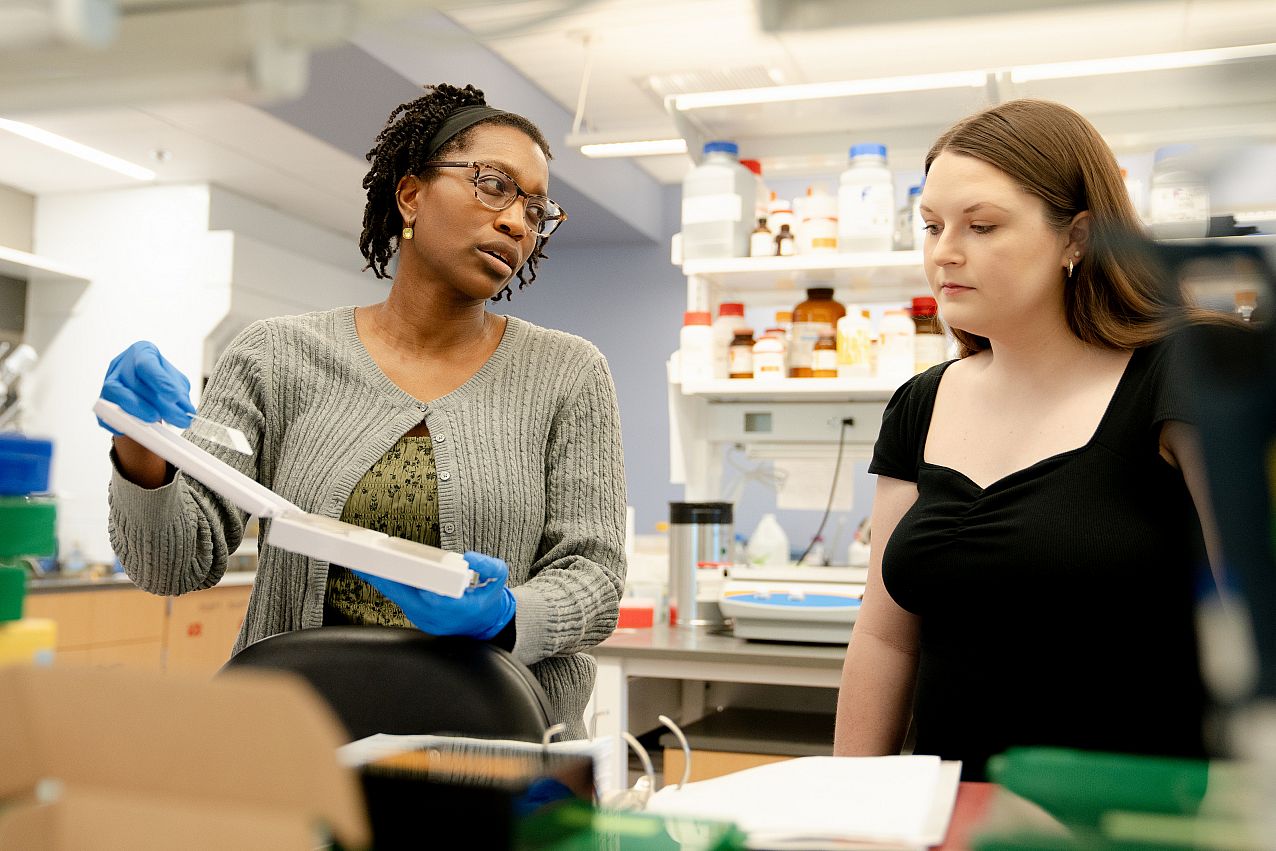Specializing in engaged learning within a student-centered environment, the Ursinus Neuroscience program provides tangible experiences that transcend traditional classroom learning.
Individualized Opportunities for Hands-On Learning
We strive to challenge our students by providing individualized opportunities to develop skills like critical thinking, technical writing, and oral presentation, all of which are necessary to become successful graduate students, researchers, and biomedical services practitioners. In learning by doing, our students not only gain content knowledge, but also develop a sense of research and applied ethics, hone social and interpersonal skills, and discover leadership potential.
Our students put their education into practice by publishing and presenting at many regional and national symposiums.
How to get involved in research
A great way to find out about the research going on here at Ursinus is to attend on campus events such as Celebration of Student Achievement (CoSA) every April or the Summer Fellows Symposium to see student presentations from labs. You can do hands on research in Neuroscience in two ways:
- You can enroll in a 400-level Advanced Research Methods (ARM) course taught by a Neuroscience faculty member: Behavioral ARM Neur/Psyc430W, Cognitive ARM Neur/Psyc432W, Cellular Neurobiology Neur/Bio431W, Molecular Neurobiology Neur/Bio433W, or Developmental Neurobiology (Neur/Bio435W. As a Neuroscience major, you will take at least 2 of these courses.
- You can enroll in 1-, 2- or 4-credit research or do Honors research with a Neuroscience faculty member. To find out the kinds of research Neuroscience faculty members are doing, look here and click on the faculty member’s picture. To get started in a lab by enrolling in 1-credit research, talk or email the Neuroscience faculty member you are interested in working with. A good time to approach a faculty member is 2-3 weeks before registration period because that is when they will know how many spots are available in the lab.
Head First
Neuroscience professor, Joel Bish took the lead from a UC soccer player, who desired to study concussion effects on student-athletes. 6 years and 60 students-researchers later, this research is thriving.

